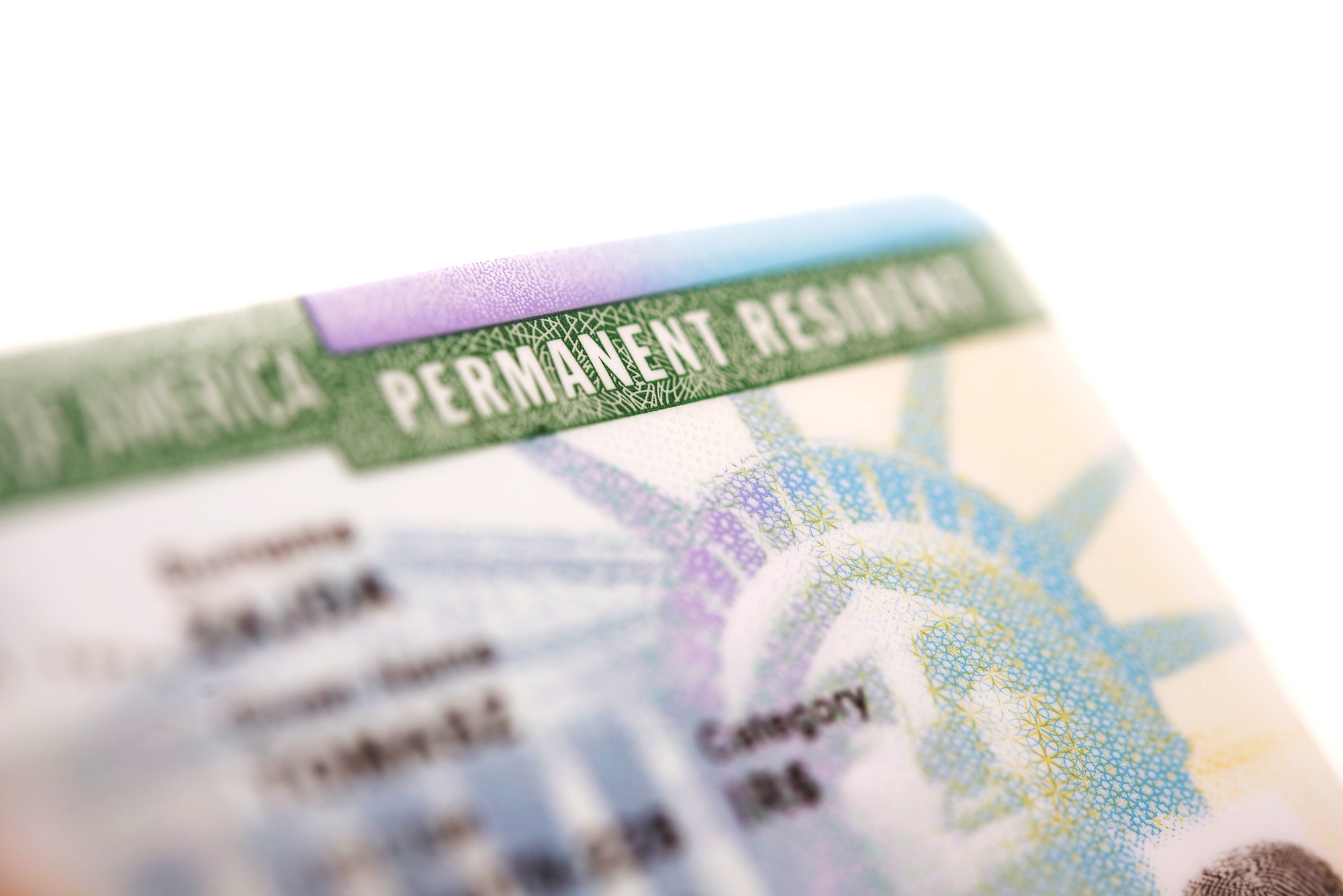Now Reading: Green Card Roadblocks: Unraveling the Top 4 Reasons Applications Get Denied
-
01
Green Card Roadblocks: Unraveling the Top 4 Reasons Applications Get Denied

Green Card Roadblocks: Unraveling the Top 4 Reasons Applications Get Denied
The dream of permanent residency in the US pulsates with hope and anticipation. Yet, for some, the journey towards a green card is marred by the sting of denial. A recent report by the Cato Institute revealed that in 2021, nearly 60% of all green card applications in the US were denied. Picture Elena, a dedicated engineer from Brazil, her years of meticulous preparation dashed by a rejection notice, leaving her bewildered and uncertain.
Fear not, Elena. This guide sheds light on the four most common reasons why green cards get denied, empowering you with knowledge and strategic options to potentially overcome these hurdles and advance towards your desired future.
1. Ineligibility:
Not meeting the specific criteria for your chosen green card category is a leading cause of denials. This could involve insufficient evidence of employment sponsorship, not fulfilling the financial requirements for family-based sponsorship, or failing to demonstrate the necessary skills or qualifications for certain categories.
2. Misrepresentation:
Providing inaccurate or incomplete information on your application is a serious misstep. Even unintentional errors or omissions can raise red flags and jeopardize your case. Remember, honesty and meticulous attention to detail are paramount throughout the application process.
3. Criminal History:
Certain criminal convictions, including crimes of moral turpitude or those involving drugs or violence, can render you inadmissible and trigger an automatic denial. Consulting with an immigration attorney is crucial to navigating these complexities and understanding potential inadmissibility issues.
4. Security Concerns:
During security checks, red flags related to national security concerns, potential terrorist ties, or even past immigration violations can lead to denial. Maintaining a clean record and proactively addressing any potential security concerns can significantly minimize this risk.
Moving Forward:
A green card denial, while undoubtedly disheartening, does not mark the end of your journey. Here are your potential next steps:
- Analyze the denial notice: Carefully review the reason for denial, as it provides valuable insight into the specific issues that need to be addressed.
- Consult with an immigration attorney: An experienced attorney can decipher the complexities of your case, offer legal counsel, and guide you through potential appeal or reapplication strategies.
- Address the reason for denial: Whether it’s gathering additional evidence, rectifying errors in your application, or seeking legal remedies for inadmissibility issues, take concrete steps to overcome the specific obstacle that led to the denial.
Remember, the path to permanent residency requires meticulous preparation, careful attention to detail, and a proactive approach. By understanding the reasons for denial and taking strategic steps to address them, you can increase your chances of success and turn your green card dream into reality.
FAQs:
- Can I appeal a green card denial? Depending on the reason for denial, you may have the right to appeal the decision. Consulting with an attorney can help you determine your eligibility and guide you through the appeal process.
- How long does it take to reapply for a green card after a denial? The timeframe for reapplication can vary depending on the specific circumstances. Seeking legal advice can help you determine the optimal timing for resubmitting your application.
- What documents do I need to file for a green card appeal? The required documents depend on the grounds for your appeal. An immigration attorney can advise you on the specific paperwork needed.
The road to permanent residency may have encountered a detour, but with knowledge, strategic action, and potentially seeking professional guidance, you can get back on track and move closer to realizing your American dream.









